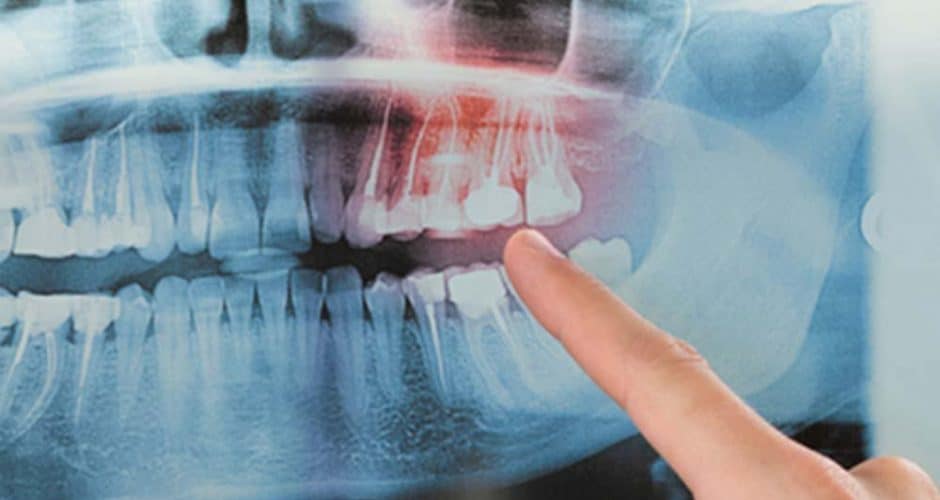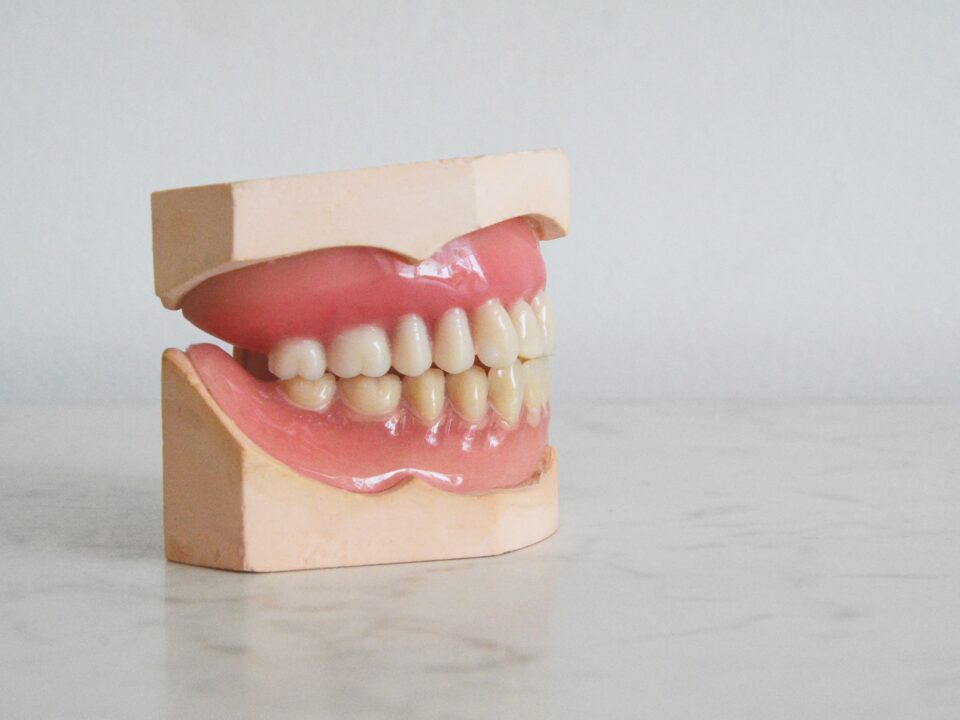
Endodontic Surgery: Root Amputation vs. Apicoectomy
July 13, 2016
New Year’s Resolution: Learn How Dental Hygiene Contributes to Overall Health
January 18, 2017If you’re worried about heart disease, you can easily spend thousands of dollars each year trying to prevent it. Many people end up paying hand-over-fist for prescription medicines or spend money on shelves full of healthy cookbooks. They purchase fitness machines for their home and pricey gym memberships.
What if you don’t have to? A number of recent studies suggest that you may already have a cheap and powerful weapon against heart attacks, strokes, and other cardiovascular disease conditions. This tool costs less than $5 and is sitting on your bathroom counter—your toothbrush.
In this blog, we’ll go over the connection between periodontal disease and cardiovascular health.
[Related: What is Periodontal Maintenance?]
What is Periodontal Disease?
Periodontal disease (“peri” meaning “around,” and “odont” meaning “tooth”) results in the destruction of the gums, bone, and periodontal ligaments. Everyone has different levels of bacteria in their mouth, and some bacteria people carry can cause an inflammation of the hums.
This inflammation is actually an immune system response by the body to fight infection caused by the bacteria, tartar, and plaque found in the mouth. If left untreated, this inflammation can ultimately lead to the destruction of the gums, bone, and periodontal ligaments — resulting in bone loss and eventual tooth loss.
Connecting Factors of Periodontal and Heart Disease
Certain factors exist that are common to both periodontal and heart disease, which make some individuals susceptible to both types of disease. Inflammation is a very primary way that the body responds to both trauma and disease.
Not everyone’s immune system reacts the same way. Depending on the way an individual’s immune system responds to specific types of bacteria, it will change the occurrence and severity of the inflammation present. So what does that have to do with cardiovascular disease?
Evidence exists that associate this type of inflammatory response with changes in blood vessels that cause both cardiovascular and cerebrovascular diseases. Several studies support the relationship of periodontitis to these cardio and cerebro-vascular diseases.
Bacteria from inflamed gum tissues associated with periodontal disease enter into the bloodstream through the oral tissues, which lead straight to the heart and brain (as well as other organs in the body).
[Related: The Dental Detriments and Benefits of Coffee and Tea]
Periodontal Treatment’s Effect on Cardiovascular Disease
So can preventing periodontal disease, a disease of the gums and bone that support the teeth, with brushing and flossing prevent heart disease?
Researchers are now evaluating whether the treatment of periodontal disease has an effect on the progress of cardiovascular disease. The evidence isn’t clear yet, experts say, but it is intriguing.
According to the American Academy of Periodontology, people with periodontal disease are almost twice as likely to have coronary artery disease (also called heart disease).
One study found that the presence of common problems in the mouth, including gum disease (gingivitis), cavities, and missing teeth, were as good at predicting heart disease as cholesterol levels.
Does Periodontitis Cause Heart Disease?
We know moderate to severe periodontitis does appear to increase a person’s risk for cardiovascular disease. Reducing inflammation in the periodontal tissues may affect the progression and advancement of cardiovascular disease and its outcomes. We cannot say, however, that periodontitis actually causes heart disease.
[Related: Getting Over the Hurdles That Keep You From Seeing the Dentist]
Experts Deal With Skeptics Through Studies
Epidemiologist Moise Desvarieuz, MD, PhD, from Columbia University’s Mailman School of Public Health finds it common to come up against skeptics when talking about the connection between periodontal and heart disease.
“One of the talks I give is called, ‘Investigating the Links Between Periodontal Infection and Vascular Disease: Are We Nuts?’ It’s not a connection that people naturally think of.”
Desvariuex was the lead author of a recent study in “Circulation: Journal of the American Heart Association.” This study found that those participating who had higher blood levels of bacteria in their mouth were more prone to atherosclerosis in their carotid arteries. Once the carotid artery is clogged, the likelihood of stroke increases.
Atherosclerosis happens when the arteries harden due to deposits of fats and other substances in your blood. These deposits, called plaques, can narrow your arteries through build up, eventually leading to a heart attack or stroke.
Note: The plaque we talk about when we discuss heart disease and arteries are different from the dental plaque that your dentist scrapes off of your teeth.
[Related: How To Prevent Oral Cancer]
Keep Your Mouth and Heart Healthy
If you want a healthy heart and body, you should practice good oral hygiene to reduce bacteria, schedule regular visits for exams and cleaning with your dentist, and incorporate good diet and exercise. These are all necessary life changes for good cardiovascular health. The healthier you keep your mouth and body, the better your chances of reducing your risk for both periodontal, and heart disease.
Feel free to check out our customer testimonials. for more about how we serve our patients.
Contact Cascadia Dental Specialists today to schedule an appointment and start your journey toward good health!





